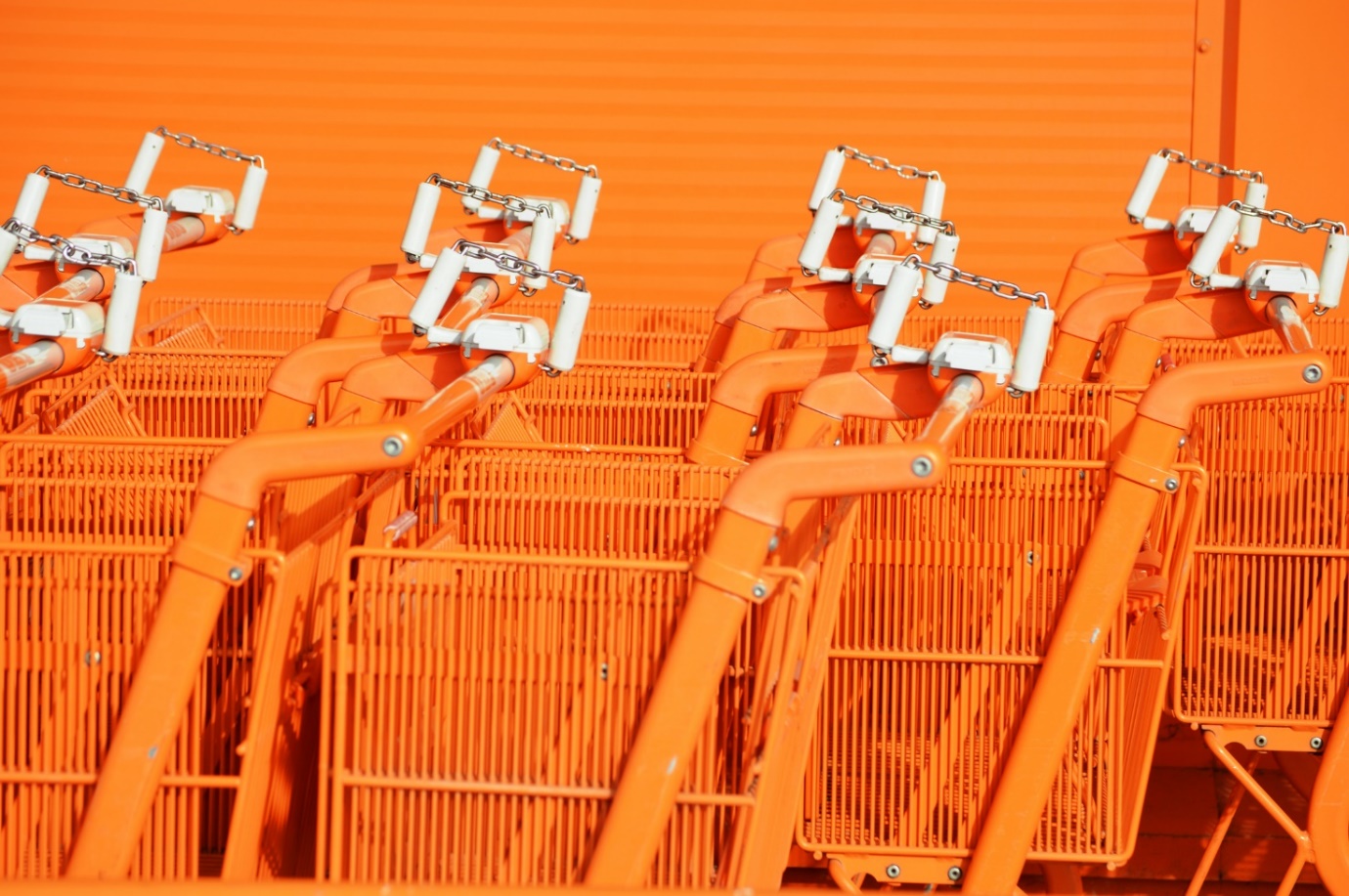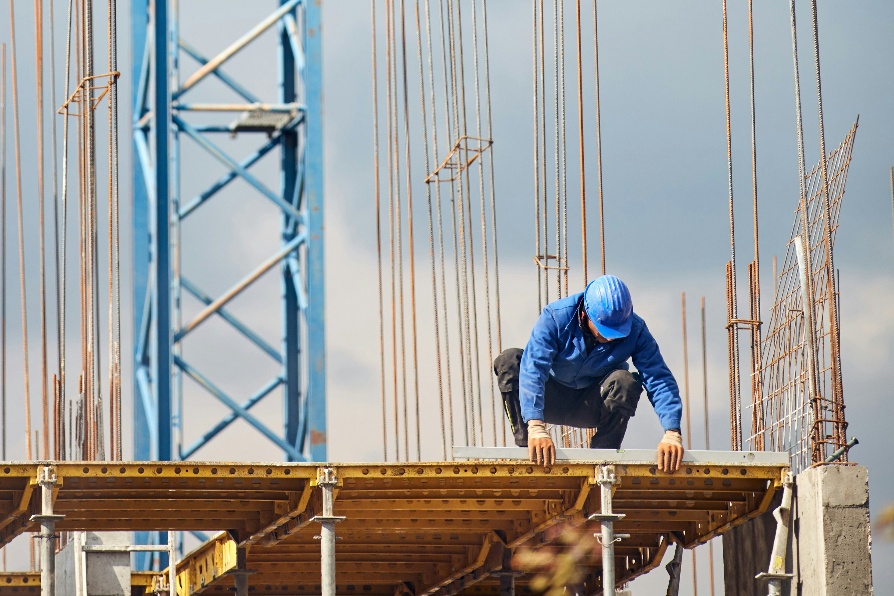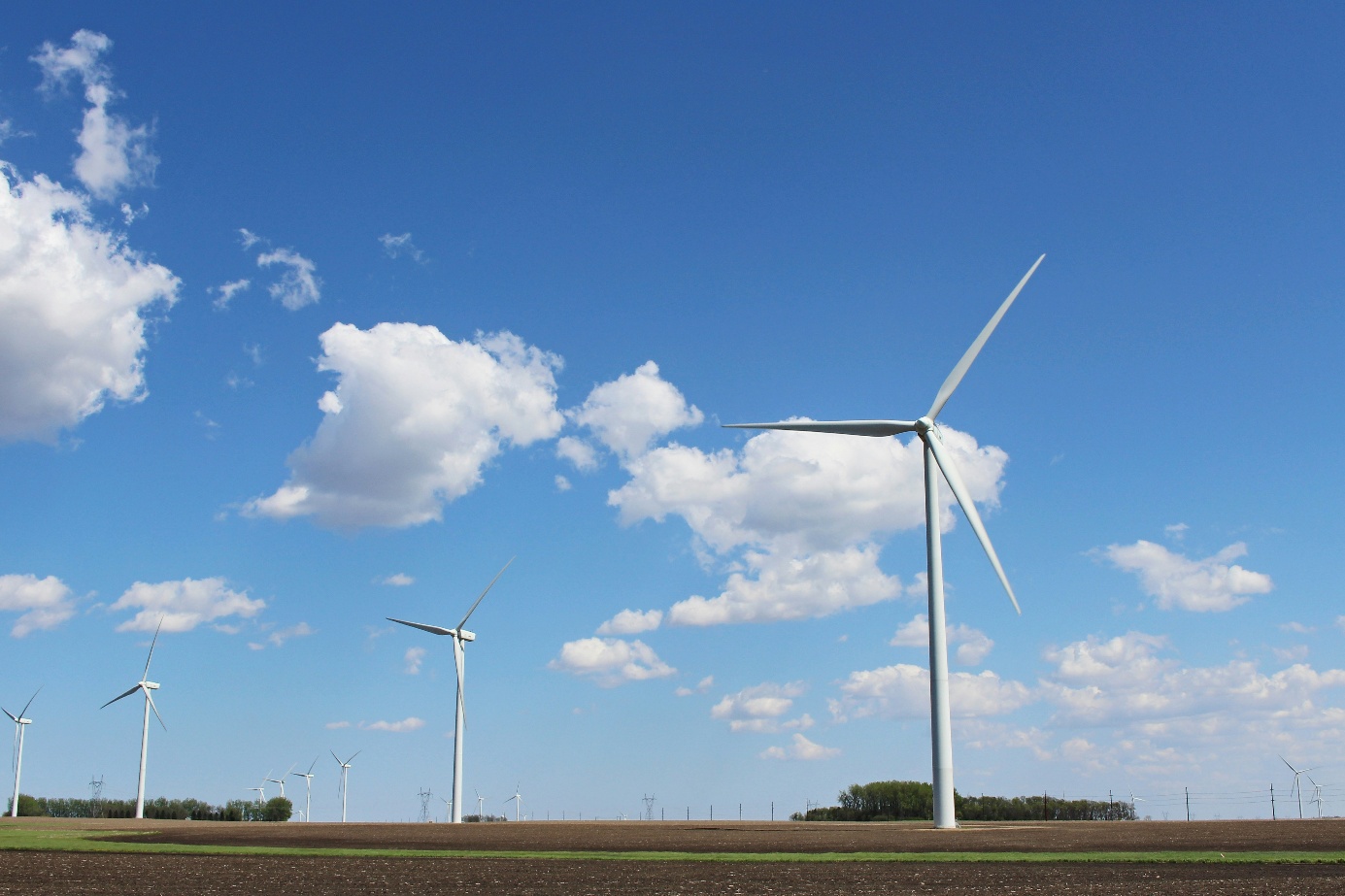 Why is Veesion’s Anti-Shoplifting AI necessary?
Why is Veesion’s Anti-Shoplifting AI necessary?
Thibault David (Veesion) explains that Veesion was created to address the growing problem of shoplifting, which significantly impacts the retail industry. He highlights that shoplifting is a persistent issue, costing retailers between 1.5 to 3% of their revenue—often amounting to half or even the entirety of their profit margins. This problem is especially concerning in low-margin industries like retail, where such losses can lead to price hikes, reduce consumer purchasing power, and contribute to staff layoffs and potential bankruptcies. The financial strain also makes it harder for brick-and-mortar stores to compete with e-commerce. David points to Jumbo, a Dutch supermarket chain, which reportedly lost €100 million to shoplifting while generating only €80 million in net profits. Thibault David: “These are the main reasons why we started Veesion six years ago in the first place; to help retailers efficiently fight the shoplifting. Because prior to our software, there was no efficient solution to this problem.”
Privacy by design?
David emphasizes that Veesion’s AI technology is built around gesture recognition, focusing specifically on identifying actions associated with shoplifting rather than identifying individuals. The software analyzes live camera footage to detect "gestures of interest," such as concealing items in a bag or clothing, and sends video alerts to store security. Thibault David: “The only thing our software really changes is that before, no one was really watching the video feeds or there were too many cameras for one single person. Now, thanks to our technology, we enable security staff to focus on specific movements, based on AI gesture analysis.”
He explains that the AI does not identify individuals or retain memory of analyzed footage, thereby avoiding the storage of personal data. This approach allows security personnel to focus on specific movements, helping them make informed decisions based on actions rather than identity. David asserts that Veesion’s software enables a more efficient review of security footage, allowing personnel to act on relevant alerts rather than sifting through hours of video footage. David: “The AI is just one more lever in an existing process and by sending relevant alerts to the staff, it enables them to detect crime more effectively.”
Image: a snapshot of what Veesion software ‘sees’
GDPR Compliance and the Legal Perspective
Menno Weij clarifies the GDPR implications of Veesion’s software, noting that his previous assumptions around the software’s use of biometric data were inaccurate. Since the AI operates on gesture recognition rather than identifying individuals, he argues that the privacy concerns are less severe than initially thought. The AI tool simply analyzes existing footage, which supermarkets already use for security purposes, making the supermarkets the data controllers responsible for processing data. Weij asserts that Veesion’s software does not collect special categories of personal data as alleged by Algemeen Dagblad, and any processing of regular personal data is minimized to the extent possible. Thus, Veesion’s software does not introduce new privacy risks beyond those posed by existing security cameras. Menno Weij: “What I think totally missing in other media stories on what Veesion does is that there is already a camera that is recording anywhere in its own right. This impacts on everybody in supermarkets, one could argue that the impact of that original footage is bigger than, the impact of what Veesion AI tool ‘sees’.”
Biases in AI surveillance systems?
David acknowledges the potential risk of bias in AI but argues that Veesion’s software mitigates this issue by focusing purely on gesture analysis. The AI was trained on gesture data without reference to identifying information, aiming to analyze spatial and temporal differences between frames to detect if an item is removed from a shelf. This data-focused approach minimizes the chance of bias, as the AI does not account for characteristics that could lead to discriminatory decisions. Furthermore, David believes that by providing objective alerts based on gestures, Veesion's software could reduce human bias in security decisions. He argues that Veesion’s system could contribute to fairer decision-making, as it alerts staff based on suspicious actions rather than assumptions about individual characteristics. David Thiault: “We think that our AI is very neutral in terms of analysis as we dont identify shoppers but only record and analyse gestures. At the same time our software helps security guards take decisions based on our gesture analysis instead of on any human bias they might have. For this reason I would argue that our software could help decrease preventable human biases.”
Conclusion
Veesion’s AI software aims to reconceptualize theft detection by providing retailers with a tool that identifies suspicious gestures without compromising privacy. While privacy experts remain cautious about the role of AI in public spaces, the insights provided by David and Weij suggest that Veesion’s approach respects GDPR requirements while supporting fairer decision-making processes. As AI continues to reshape retail security, Veesion’s gesture-based approach could set a precedent for balancing efficiency, privacy, and ethical considerations in technology deployment.
Over de auteurs
Gerelateerd nieuws

Productiviteit als motor van brede welvaart: SER en bedrijfsleven dringen aan op actie

Lokale energie geeft bedrijven weer ruimte, ook bij vol stroomnet
Klimaat

Aedes: flexibeler omgaan met regels die woningbouw vertragen
Omgeving

De rol van engagement in duurzaam beleggen
Klimaat


